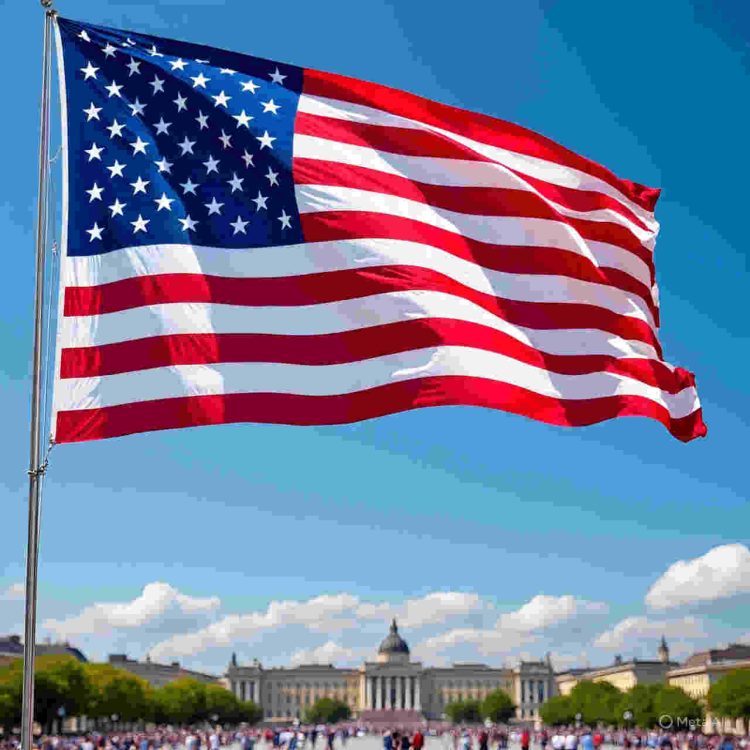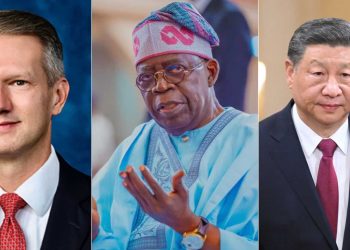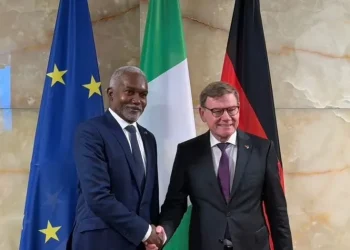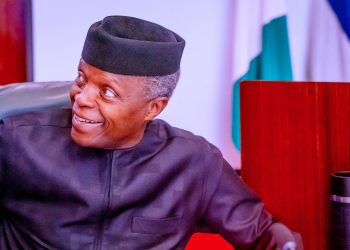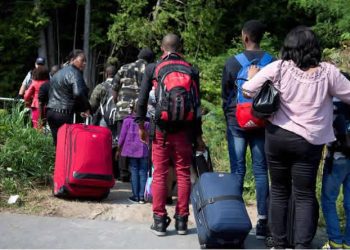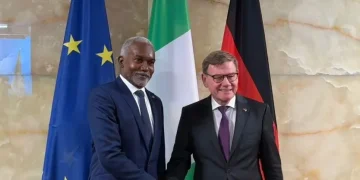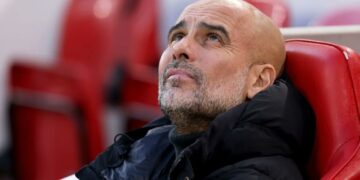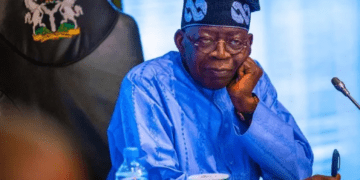The United States is preparing for a significant shift in immigration policy as Joseph Edlow, the newly appointed head of the US Citizenship and Immigration Services (USCIS), signals sweeping reforms targeting both the H-1B visa program and the U.S. citizenship test.
In one of his first major policy statements, Edlow declared that the current H-1B system, long a focal point of political contention, is outdated and no longer serves the evolving needs of American workers. He emphasized the necessity of redesigning the framework to better support the domestic labor market and national interests.
Return of Trump-Era Immigration Themes
Edlow’s remarks reflect a resurgence of Trump-era immigration priorities, particularly the push to reduce dependency on foreign labor and introduce stricter eligibility standards. Under President Donald Trump’s administration, immigration policies became more restrictive, and similar tones are now re-emerging with Edlow at the helm of USCIS.
The H-1B visa, which allows U.S. companies to hire foreign professionals in specialized fields such as tech, engineering, and healthcare, has historically been a gateway for global talent. However, critics argue that the program has been misused; allegedly allowing companies to replace American workers with lower-paid foreign counterparts.
Political Pressure and 2025 Election Influence
Edlow’s announcement arrives at a politically sensitive time, as debates over immigration heat up ahead of the next U.S. presidential election. Proposed changes to both the visa system and citizenship test have intensified discussions on how immigration policies align with national priorities.
Republican lawmakers, including Vice President JD Vance, have recently criticized firms for laying off American employees while hiring cheaper foreign labor through the H-1B program. Edlow echoed this concern, stating:
“I really do think that the way H-1B needs to be used and this is one of my favorite phrases; is to supplement, not supplant, the U.S. economy, U.S. businesses, and U.S. workers.”
Tech Industry Pushback Amid Talent Shortages
Despite mounting conservative pressure, several major U.S. tech companies, many of which supported Trump’s policies continue to defend the H-1B program. Industry leaders argue that chronic shortages of qualified American talent in areas like software engineering and data science make international recruitment essential to maintaining competitiveness.
Currently, the U.S. allocates 85,000 H-1B visas annually, issued through a lottery system to highly skilled foreign workers. Edlow’s proposed reforms, however, would need to undergo the federal rule-making process before they can be formally adopted.
Changes Ahead for U.S. Citizenship Test
In addition to visa reform, Edlow revealed plans to revise the U.S. naturalization test. Presently, immigrants study a pool of 100 civics questions and must answer six out of ten correctly to pass.
Under Trump’s earlier tenure, the test was made more difficult, requiring applicants to answer 12 out of 20 questions correctly. Edlow signaled a return to that stricter format, suggesting the agency is aiming to reinforce what he describes as a more rigorous standard of civic knowledge and commitment.
With Joseph Edlow leading the USCIS, the U.S. immigration landscape appears poised for a dramatic policy transformation; reviving debates about foreign labor, national identity, and the balance between opportunity and protectionism. Whether these proposed reforms will withstand legal, political, and economic scrutiny remains to be seen, but the direction is clear: immigration policy is once again at the heart of America’s evolving national discourse.















